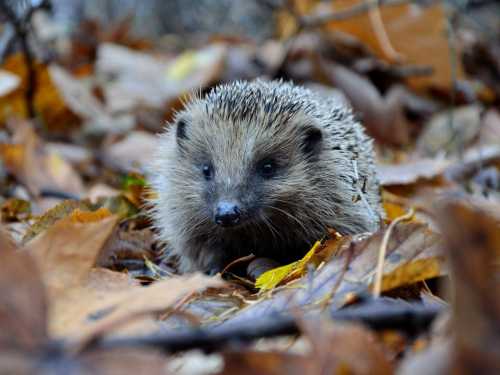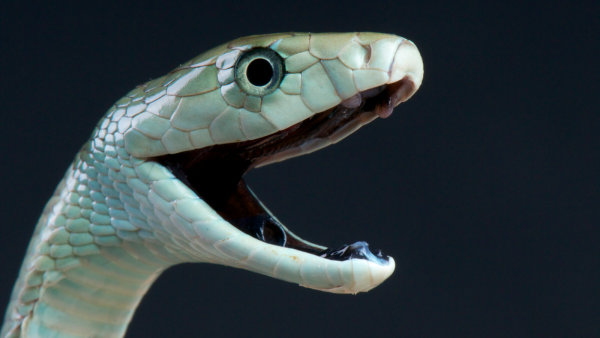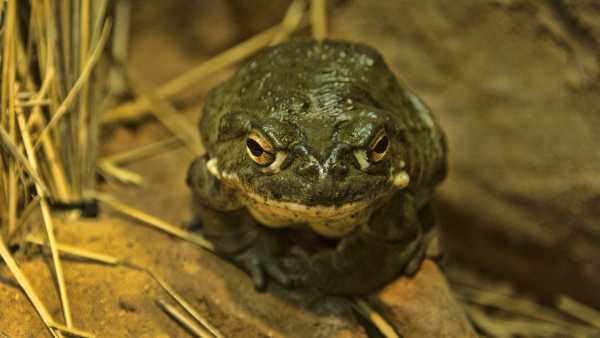In some comedy movies, animals can talk just like people and it looks very funny. Probably many people would like to understand what their pets are thinking and feeling – dogs and cats would become even closer friends to us. But nature has arranged so that in the course of evolution, full-fledged speech acquired only humans, and animals communicate with each other through primitive sounds, movements and smells. Most likely, it is thanks to speech that humans were able to evolve to their current level. Let’s delve into this topic and find out together why evolution did not give animals full-fledged speech, while humans mastered this skill quite easily and continue to improve it. To begin with, I suggest you understand what speech is from a scientific point of view. In fact, this skill is available to many living organisms, only at different levels.
How do animals communicate?

You can find many definitions of this phenomenon on the Internet. But all of them ultimately boil down to the fact that speech is the ability to communicate with each other to convey some information. According to this definition, this skill is available not only to humans, but also to many animals. After all, they, too, are capable of transmitting information to each other, only instead of using complex words, they use sounds and movements. When an animal is in pain, it screams, and when it wants to attract the attention of the opposite sex, it dances.
Animals do speak, but it is very primitive. While humans can tell stories, other living creatures are incapable of it. They simply have no understanding of abstract values like past and future; they can only communicate about what is happening in real time. The main task of animal communication is to meet the needs of life in each current moment. Animals acquire speech from birth, that is, they make sounds characteristic of joy, fear, and other emotions on an instinctive level.
Why don’t animals talk?
In the end, it turns out that animals do have the gift of speech, but it is very primitive. Perhaps they could talk like humans, but the insufficient development of the speech apparatus prevents this. This is the name given to the set of organs that help us pronounce complex words and sentences: the larynx, the vocal folds, the tongue, and so on. Of course, some animals like parrots are able to talk like humans, but they engage in banal sound imitation: phrases like “I want to eat” and “I’m a fool” they pronounce with the same intonation, without understanding their meaning.




